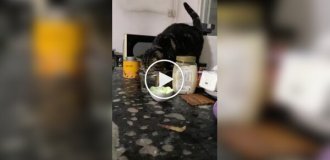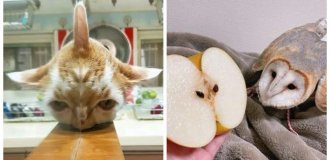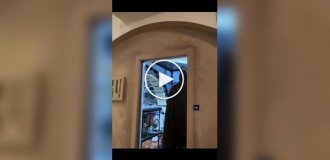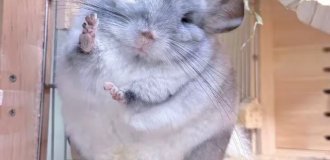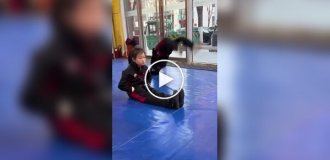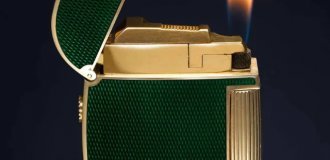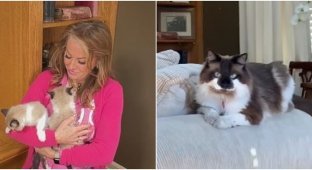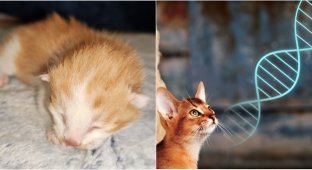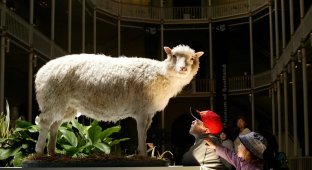The future is already here: a company in the US clones 200 pets every year (3 photos + 1 video)
The $50,000 dog cloning business is booming, with a five-month waiting list. 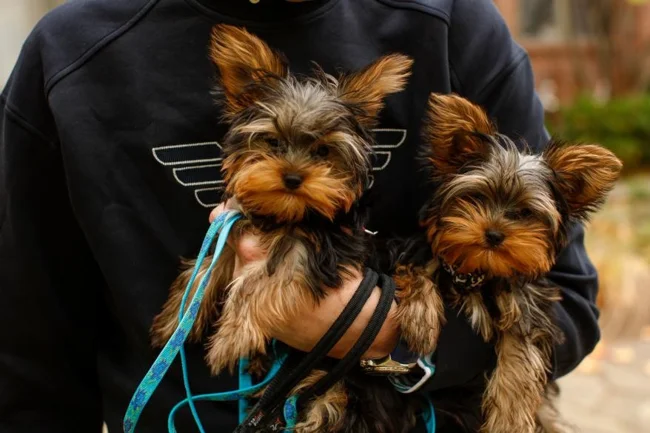
Twenty-four years after Dolly the sheep was born in Scotland — the first mammal successfully cloned from an adult cell — pet cloning is booming in the United States.
"Cloning is only as fast as we can effectively manage that growth," said Blake Russell, president of ViaGen.
It is the only company in the U.S. that offers pet cloning, and it currently has a five-month waiting list. The tissue sample must be collected within five days of the pet's death, but the sample can be frozen for decades. A similar procedure was featured in the 2000 sci-fi film The 6th Day, starring Arnold Schwarzenegger. 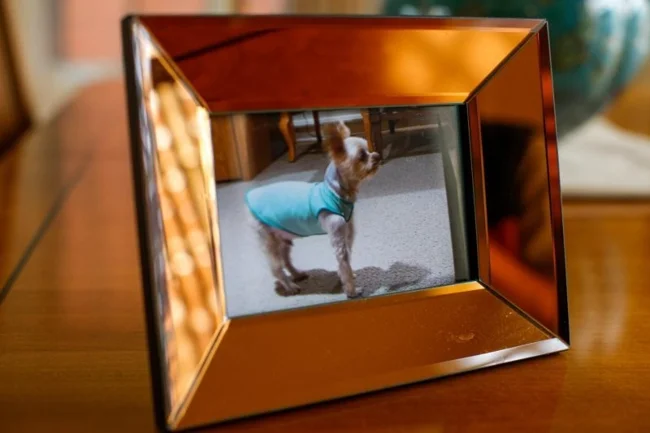
The company was founded in 2002, focusing on the genetic preservation of horses and livestock. In 2015, it launched ViaGen Pets, a division that offers its cloning services to cat and dog lovers. From 2017 to 2022, the business has grown, and the company now clones about 200 pets a year.
Previously, those wanting to clone pets had to travel to South Korea, where the first dog, an Afghan hound named Snoopy, was cloned in 2005.
While cloning is becoming increasingly popular, it remains quite expensive. Austin, a New York businessman, recently spent $50,400 to clone his Yorkshire terrier, Caesar, who died in January.
"I couldn't get another dog; I was so heartbroken and emotionally attached, and going through this was a way to get a piece of Caesar back. I wanted to continue his bloodline, but he was neutered as a puppy. The simple answer is, I didn't want another dog; I wanted Caesar's offspring. It was the only way for me to move forward," the 60-year-old said. 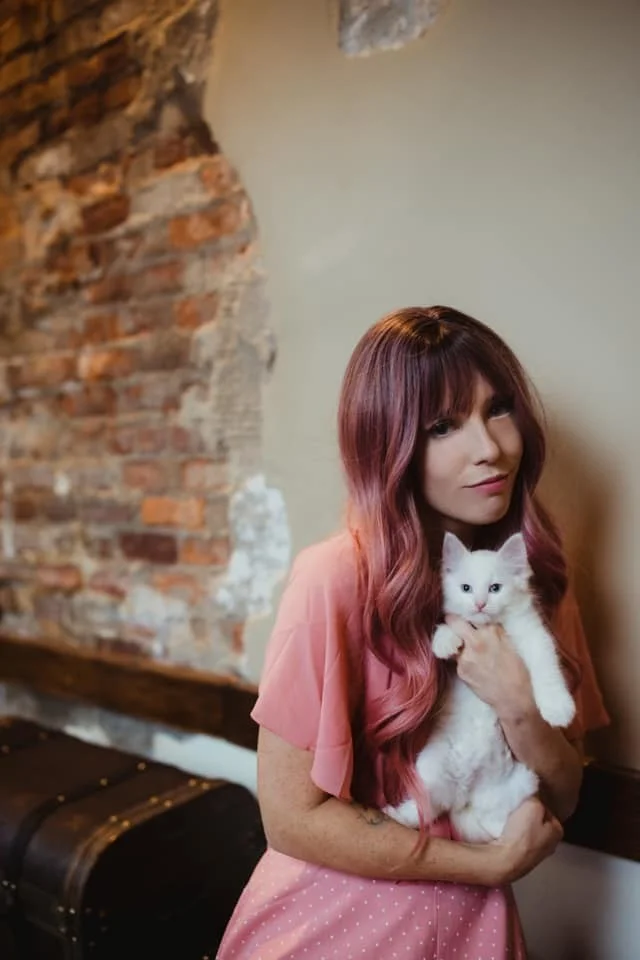
The company also cloned Willow, a wolfdog who died in a car accident, five times. The puppies, Phoenix, Juniper, Astra, Saoirse, Autumn and Amber, are doing well.
To clone a pet, tissue cells are collected, cultured, and frozen before or immediately after the animal dies. ViaGen charges $150 a year, on top of an initial $1,600 collection fee, for those who want to store frozen tissue samples.
To begin cloning, DNA from the sample is injected into a donor egg that has had its genetic material removed. The egg is then stimulated with electricity to encourage the cells to divide. The resulting embryos are then transferred to a surrogate animal in the hopes that at least one will take root. If the procedure is successful, the surrogate mother carries the clone — or potentially clone — for about two months, as dogs and cats typically do, and gives birth to healthy puppies or kittens.
"The new animal has all the cells of your old dog," Austin said.
The complex process involves performing surgeries on two animals — the egg donor and the surrogate — which raises some ethical concerns.
Lauren Aston, a spokesperson for ViaGen, stresses that all animals are treated humanely. “We make sure they’re well taken care of,” she told The Post.
As for the health of the clones themselves, a 2016 study on the long-term health of cloned sheep, published in the journal Nature Communications, found that the cloned animals aged like normal animals.
Austin was thrilled with the results. He successfully implanted two embryos, and his cloned puppies, Julius and Henry, are now 4 months old.
Even at their tender age, he said, they already bear a striking resemblance to his late pup.
"These guys are incredibly similar to Cesar in features, mannerisms and reactions, and they're just puppies. I still miss Cesar so much and cry for him, but now I have a piece of him. These dogs have 100% of his cells and DNA - it's almost like a reincarnation," he said.
While it's expensive, Russell said it's not just wealthy pet lovers who are choosing cloning. "We have a lot of middle-class people who tell us that the pleasure they get from their animals is worth more than the pleasure they get from their car," he said earlier in the interview.
Kelly Anderson, a marketing professional living in Austin, Texas, struggled to afford cloning when her cat, Chai, died seven years ago.
"I took out a loan. It wasn't easy to get the money. I'm not rich, but it was worth every penny, absolutely... Chai was my soulmate; she understood me, and she was my everything. I've never had a relationship with another pet or person like I have with her," she said as she paid for the procedure, which at the time cost $25,000.
The resulting cat, named Belle, looks just like Chai. However, the replica differs in some ways. Kelly admitted that Belle doesn't feel her emotions as much as her predecessor.
